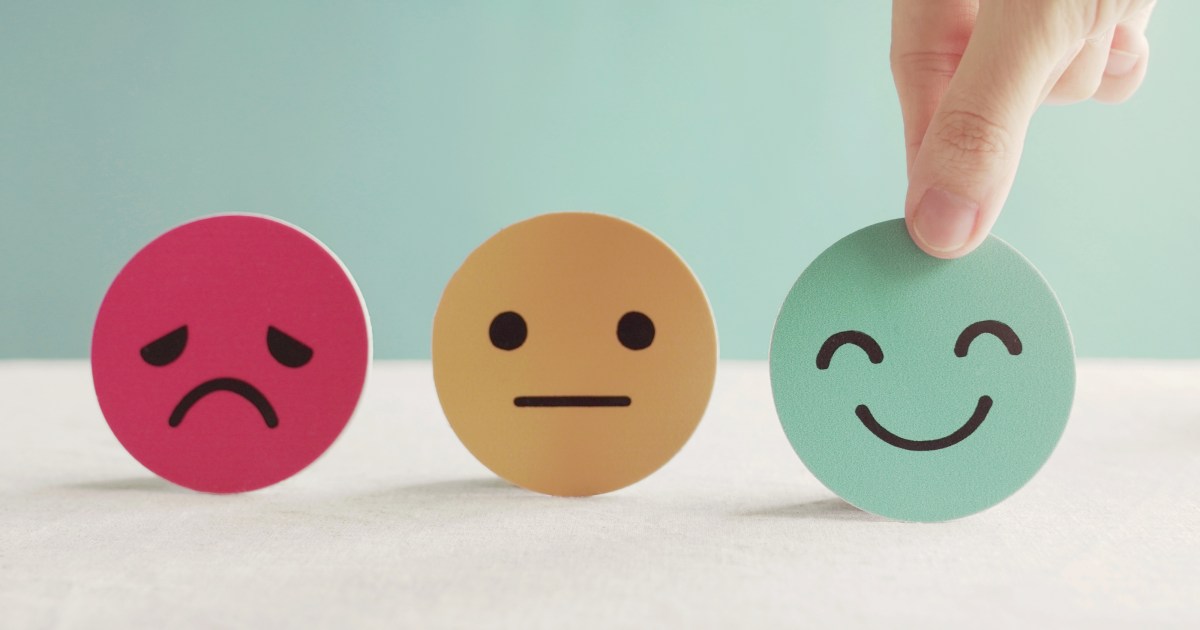Psychology studies that go viral are likelier to be bogus
At the start of the 21st century, psychology was starting to get a little out of hand. Studies conducted on small groups of college undergraduates were growing more commonplace and increasingly being used to explain just about every aspect of human behavior. Their findings filtered into talks by motivational speakers, bland self-help books, and poppy magazine articles, turning lots of people into well-informed (or so they thought) armchair psychologists.
But in the early 2010s, the bubble burst. When scientists attempted to replicate prior research, performing the experiments again with rigorous methods and new subjects, they were broadly unsuccessful. In about half of the repeated experiments, the flashy findings disappeared. Even apparently established phenomena like social priming and “power posing” were not immune from debunking. Psychology’s heyday transformed into a “replication crisis.”
Continued here